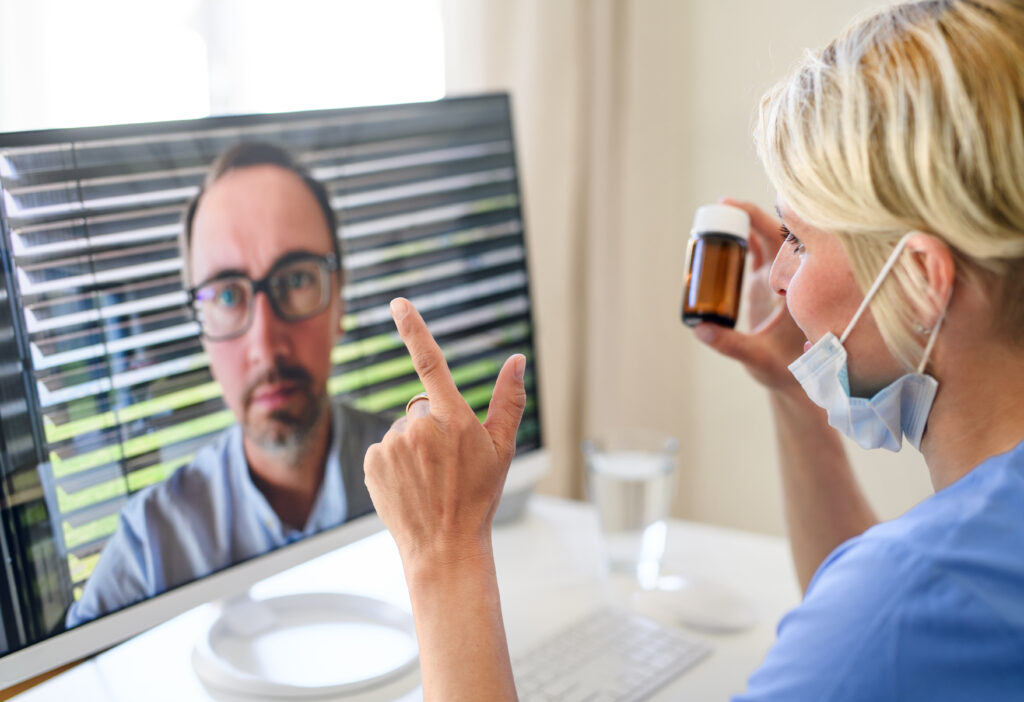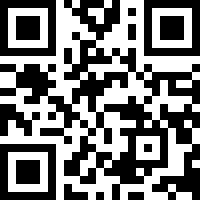By Camille Dang
Chronic diseases and the constant hospital visits that they entail are no stranger to the American population, 45% of whom have at least one chronic disease. Not only are continuous hospital visits inconvenient and time-consuming, but many visits also add up to expensive costs for chronically ill patients and their family members. According to the CDC, 90% of the nation’s $3.5 trillion in annual health care expenditures are for people with chronic or mental health conditions. More specifically, particularly chronic diseases such as cardiovascular diseases and strokes require about $199 billion per year, and diabetes requires about $327 billion per year. These are just two examples of the many chronic diseases that patients have and go to show how drastic the costs that hospital visits for the chronically ill can be.
DrKumo’s RPM, or remote patient monitoring, can help heavily reduce these costs. DrKumo, an RPM-branch of award-winning startup IDLogiq, is dedicated to creating an effective remote patient monitoring platform for chronically ill patients. Adopting DrKumo’s RPM technology and allowing many patients to stay at home will drastically reduce the number of hospital visits or check-ups needed. The RPM technology, which constantly monitors chronically ill patients and sends data to clinicians and doctors in real-time, cutting out the need for routine hospital checkups, which is only necessary to gather essential data for patients and make sure they are healthy. With patients’ vitals being monitored 24/7, doctors will be able to gather data via technology instead of in person.
In addition to cutting out unnecessary visits, the few hospital visits that will still occur will be able to be efficient and time-effective. Because doctors will have all the necessary information beforehand, they will be able to use time spent with chronically ill patients wisely instead of having to waste time asking time-consuming questions such as, for example: “Have you been taking your medicine every day?” With more efficient hospital checkups, there will be no need for repeated and unnecessary checkups, thus saving money and time for patients.
Furthermore, DrKumo’s RPM ensures 24/7 monitoring of patients. At any time, doctors can ensure that patients are in stable condition, and can take preemptive actions to ensure that patients are safe, based on alarming data. In addition, doctors and patients are constantly in touch and able to communicate; patients are encouraged to seek advice or ask questions, and conversely, doctors are encouraged to give feedback and help patients with tasks such as taking the correct medicine at the correct time. In this way, doctor-patient communication is vastly improved, and will dramatically reduce the number of emergency hospital visits. With all this in mind, reducing the number of necessary hospital checkups, increasing the effectiveness of the few hospital check-ups that do occur, and lessening the chance of emergency hospital visits will lead to an overall dramatic reduction in hospital bills for patients. According to Skedulo, “over the next 25 years, RPM is expected to save $200 billion in healthcare costs globally.” Not only will patients have the convenience of staying at home, while experiencing an improved quality of care with RPM, using DrKumo’s RPM is likely to be far more cost-effective than frequent hospital visits. For chronically ill patients, DrKumo’s RPM is clearly the best and most cost-effective choice.


